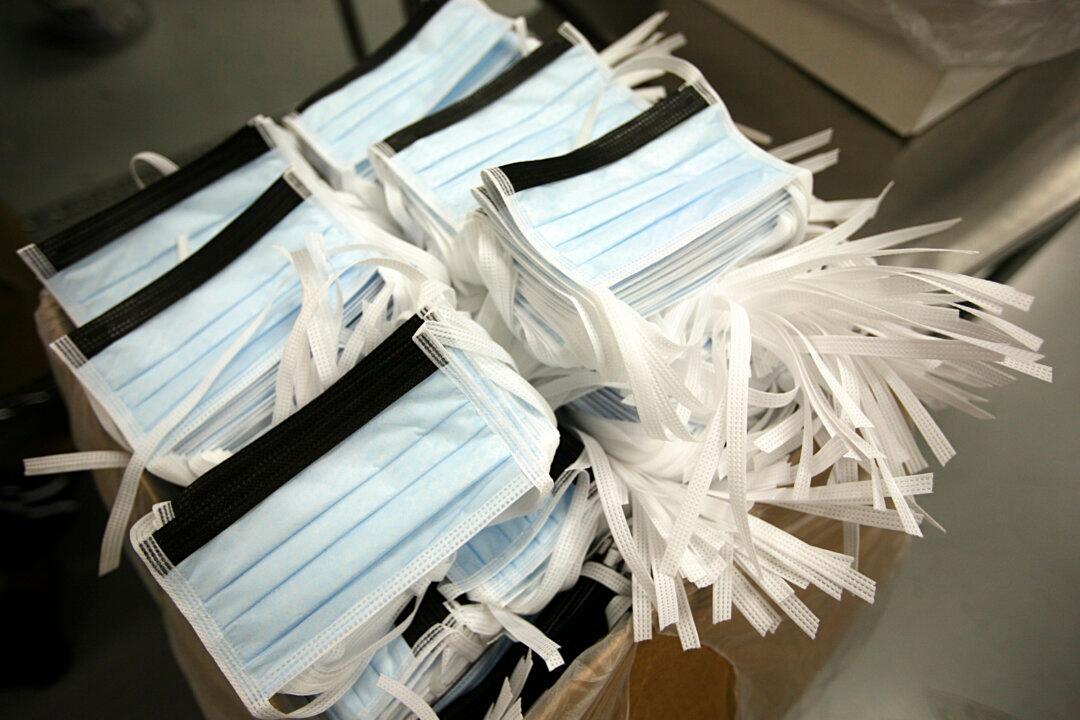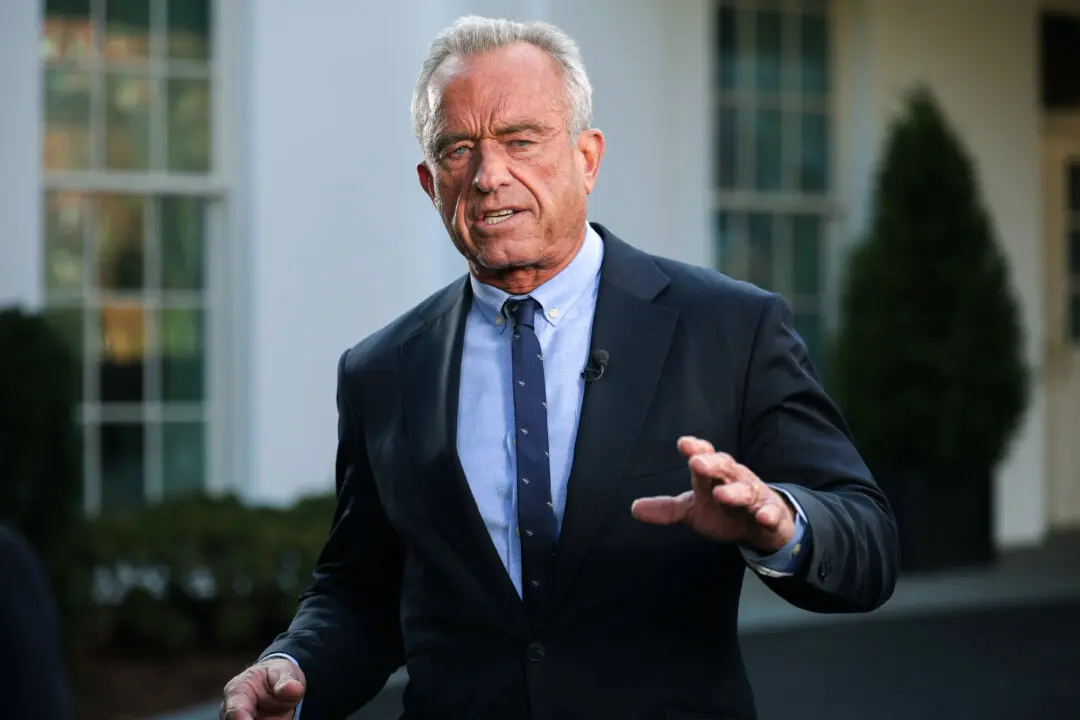Refusing to wear masks isn’t conduct protected by the U.S. Constitution, a U.S. appeals court has ruled.
“A question shadowing suits such as these is whether there is a First Amendment right to refuse to wear a protective mask as required by valid health and safety orders put in place during a recognized public health emergency. Like all courts to address this issue, we conclude there is not,” U.S. Circuit Judge Thomas Ambro said in a Feb. 5 ruling.





